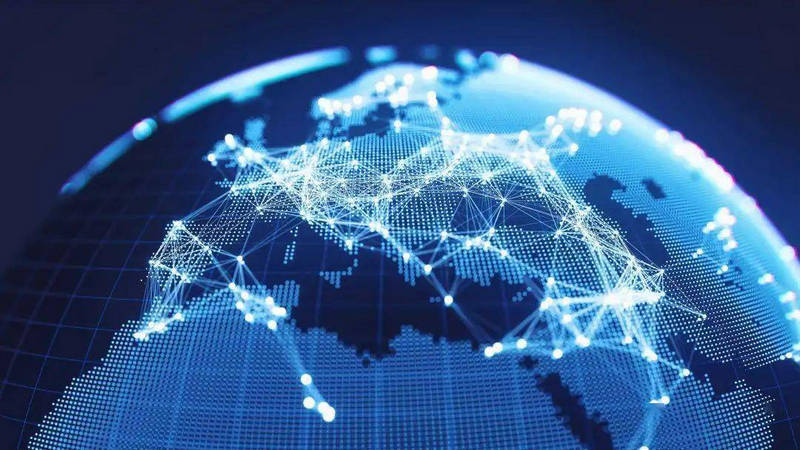
In today's rapidly changing era, the global economy is developing and changing at an unprecedented pace. From the current state of the global economy to the regulation of economic policies, from the fluctuations in financial markets to the optimization of industrial structures, to the deepening of international trade and the promotion of globalization, as well as the rise of the digital economy, every aspect is profoundly affecting our lives and future.
Currently, the global economy is in a complex and ever-changing period. On the one hand, the global economy is showing an overall growth trend, and the economic vitality of emerging economies and developing countries is constantly increasing, injecting new vitality into the global economy. However, on the other hand, the global economy is also facing many challenges, such as the rise of trade protectionism, increasing geopolitical risks, and the impact of global issues such as climate change. These challenges not only affect the stable growth of the global economy, but also exacerbate the uncertainty and risks of the global economy.
From specific data, although the global economic growth rate has slowed down, it still remains in the positive growth range overall. However, there are significant differences in economic growth rates between different countries and regions. Some developed countries lack economic growth momentum due to issues such as aging populations and weak technological innovation; However, other emerging economies and developing countries have achieved faster economic growth rates due to their abundant labor resources and vast market space. This imbalance in economic growth further exacerbates the complexity of the global economic landscape.
It is worth mentioning that with the deepening of global economic integration, economic policy coordination and cooperation among countries have become particularly important. By strengthening diverse cooperation mechanisms, promoting regional economic integration, and jointly addressing global challenges, the resilience and stability of the global economy can be effectively enhanced.
Faced with the complex and ever-changing economic situation, governments around the world have adopted flexible and diverse macroeconomic policies to stabilize the economy and promote growth. In terms of currency, the central banks of major economies generally maintain a loose stance, increasing market liquidity through interest rate cuts, asset purchases, and other means to support economic recovery. Fiscal policy pays more attention to precise implementation and structural adjustment, increasing investment in education, healthcare, infrastructure construction and other fields, while optimizing the tax structure and reducing the burden on enterprises.
In addition, under the new global situation, enterprises are facing more intense market competition and uncertain external environment. In order to enhance competitiveness and achieve sustainable development, enterprises need to formulate scientific economic strategies. Firstly, strengthening technological innovation and product research and development is the key to enhancing the core competitiveness of enterprises. By increasing research and development investment, introducing high-end talents, and strengthening industry university research cooperation, we continuously introduce new products, technologies, and services with independent intellectual property rights.
Secondly, optimizing supply chain management is also an important means to enhance the competitiveness of enterprises. By strengthening supplier management, increasing inventory turnover, and reducing logistics costs, the corresponding speed and efficiency of the supply chain can be improved. Furthermore, strengthening brand building, expanding international markets, and promoting digital transformation are also effective ways for enterprises to enhance their competitiveness.
In short, the global economy is currently in a complex and ever-changing period. Faced with numerous challenges and opportunities, we need to maintain a clear mind and sharp insight to grasp trends and development directions. At the same time, it is necessary to strengthen cooperation and communication to jointly address challenges, promote stable growth and sustainable development of the global economy.

On December 29th, Mar-a-Lago in Florida, USA, witnessed a highly anticipated diplomatic meeting - a dialogue between US President Trump and Israeli Prime Minister Netanyahu.
On December 29th, Mar-a-Lago in Florida, USA, witnessed a h…
SoftBank Group announced on Monday that it has agreed to ac…
Recently, the US State Department issued a visa ban, adding…
On January 20, 2025, just 13 days after taking office, Trum…
On December 19, 2025, the U.S. Department of Energy, along …
The relationship between the Trump administration and the U…